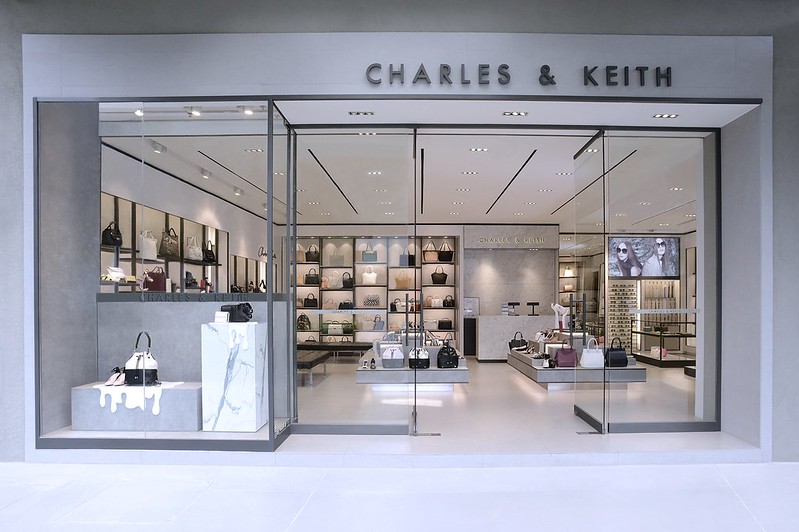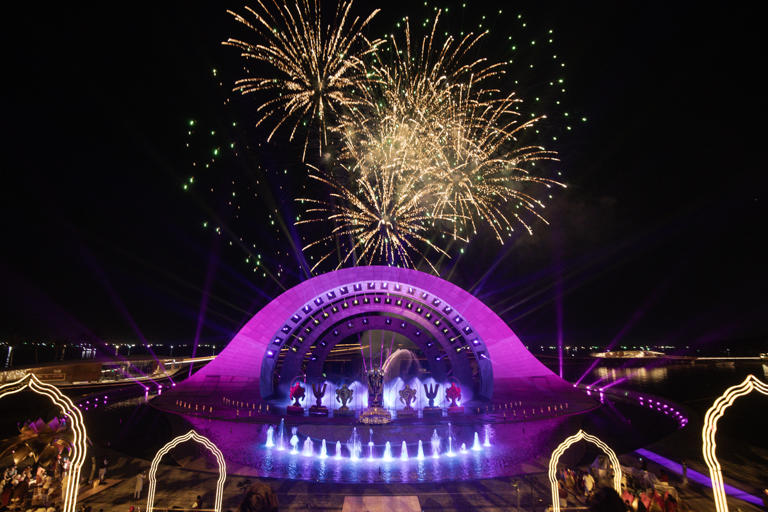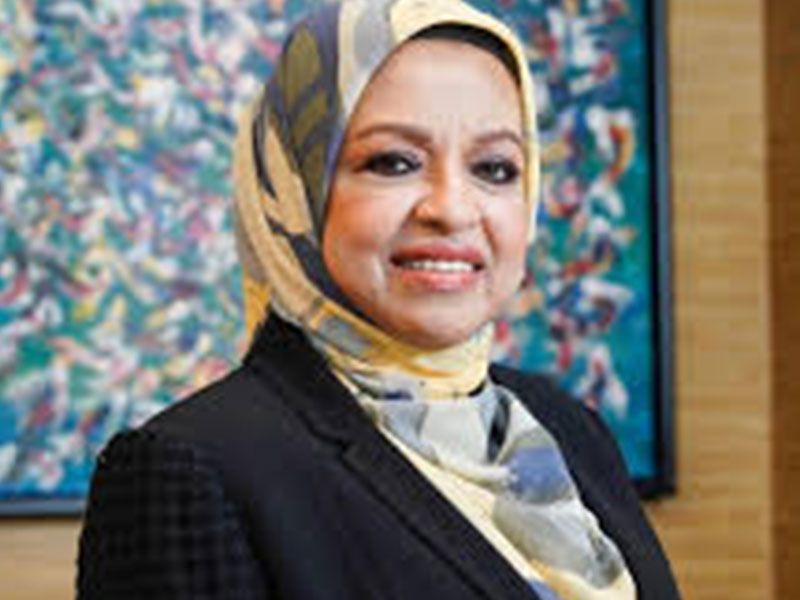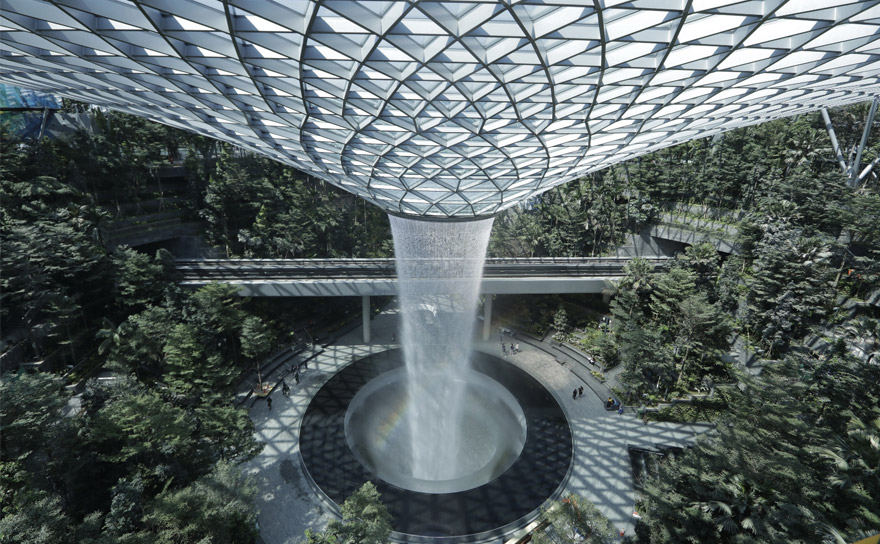Vietnam wedding tourism rise signals shift in Asia’s luxury travel landscape
Vietnam is fast becoming a luxury hotspot for weddings and high-end tourism in Asia. With its pristine beaches, high-end resorts, and cultural appeal, the country is attracting a growing number of elite travelers—particularly from India and the wider Asia-Pacific region. What started as a niche trend has now evolved into a full-scale Vietnam wedding tourism rise, supported by both public policy and market demand.
Vietnam’s luxury scene: Resorts, cuisine, and global appeal
Over the last three years, Vietnam has seen a significant transformation in its hospitality sector. Landmark properties such as Regent Phu Quoc, Capella Hanoi, and JW Marriott Hotel & Suites Saigon have raised the bar for five-star experiences. Meanwhile, new developments from Park Hyatt, The Luxury Collection, and Ritz-Carlton Reserve are also on the horizon.
In 2024, the Michelin Guide expanded into Vietnam, shining a spotlight on Hanoi, Ho Chi Minh City, and Da Nang. This elevated the country’s culinary reputation and drew the attention of luxury-focused travelers, especially food enthusiasts.
Wedding tourism: Vietnam captures the attention of India’s elite
Vietnam’s wedding tourism sector is thriving as both the government and private stakeholders recognize its potential. The country aims to welcome 22–23 million international tourists by 2025, and wedding tourism is now a key part of that strategy.
India’s elite host approximately 5,000 ultra-luxury weddings annually, with budgets ranging between $250,000 and $500,000. As they explore destinations beyond Thailand, Vietnam is emerging as an attractive alternative. Its coastal venues, heritage-rich settings, and bespoke packages offer a blend of elegance and affordability.
These weddings typically span several days, featuring multiple high-profile events. As a result, they deliver strong economic value—boosting hospitality, transport, catering, and local artisanship.
Strategic initiatives: Golden visa and infrastructure upgrades
To support its growing appeal, Vietnam has launched a new golden visa program. This includes:
A 5–10 year golden visa, with options for renewal
A 10-year investor visa, offering a path to permanent residency
A 5-year renewable talent visa for skilled professionals
The government aims to digitize the application process, making it seamless for international residents. These reforms are part of a broader effort to position Vietnam as a regional hub for lifestyle and investment.
At the same time, infrastructure upgrades are underway. Key airports, seaports, and luxury corridors are being modernized to host large-scale weddings, corporate events, and VIP tourism.
Editorial insight: Vietnam’s tourism playbook gets a luxury rewrite
The rise of Vietnam wedding tourism represents more than just a trend—it’s a fundamental shift in the country’s hospitality strategy. With competitive costs, natural charm, and improved service standards, Vietnam is redefining what luxury means in Asia.
This evolution also reflects a regional trend. As costs surge in Bali and Phuket, Vietnam is emerging as the new favorite for travelers seeking personalized, high-end experiences.
Conclusion: Vietnam’s star rises among elite travel circles
From beachside vows to temple-inspired ceremonies, Vietnam is becoming a preferred destination for couples looking for exclusive and upscale wedding experiences. With visa liberalization, infrastructure investment, and luxury branding in motion, the country is poised to become both a wedding capital and a premium tourism powerhouse in Asia.














